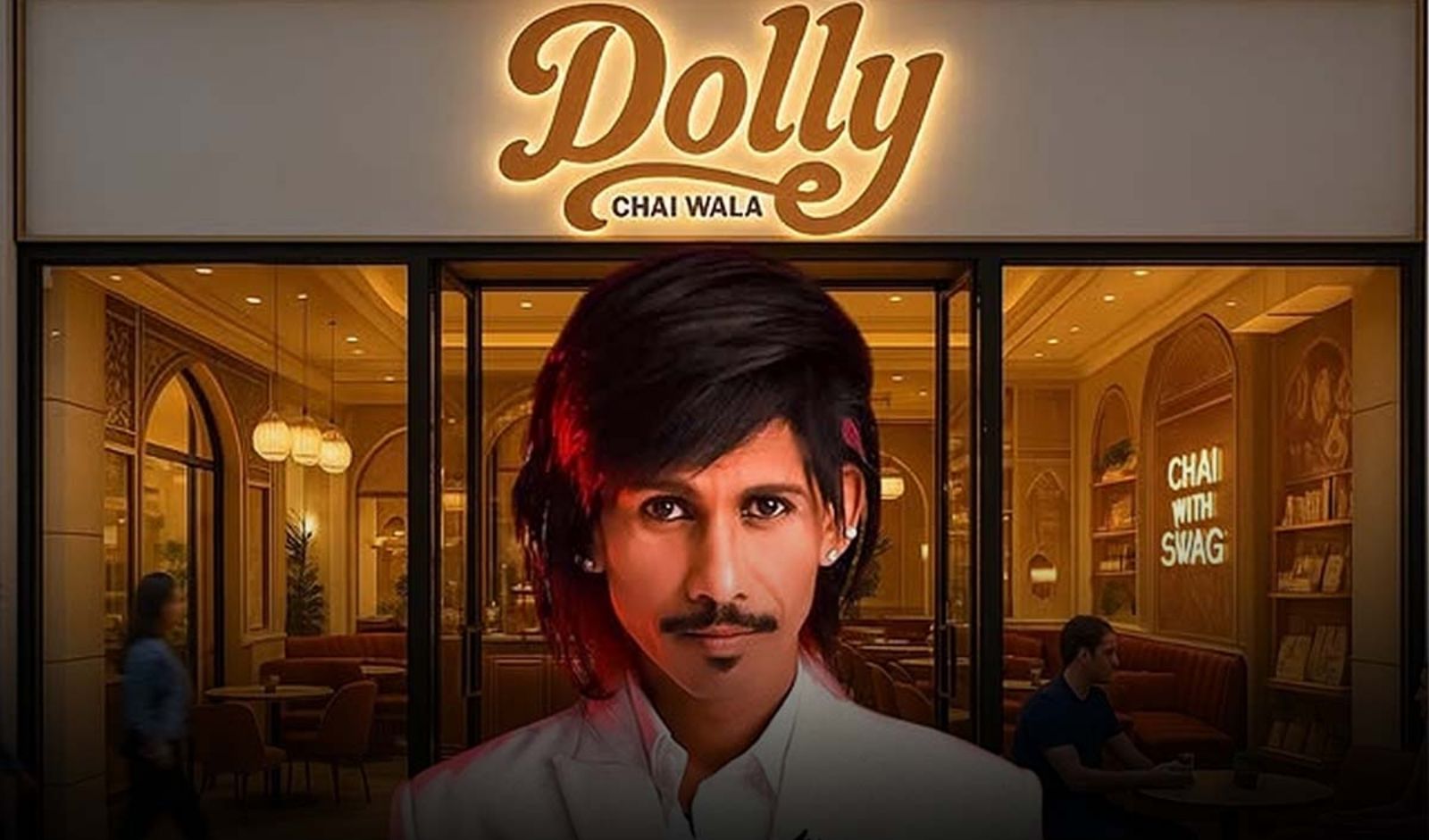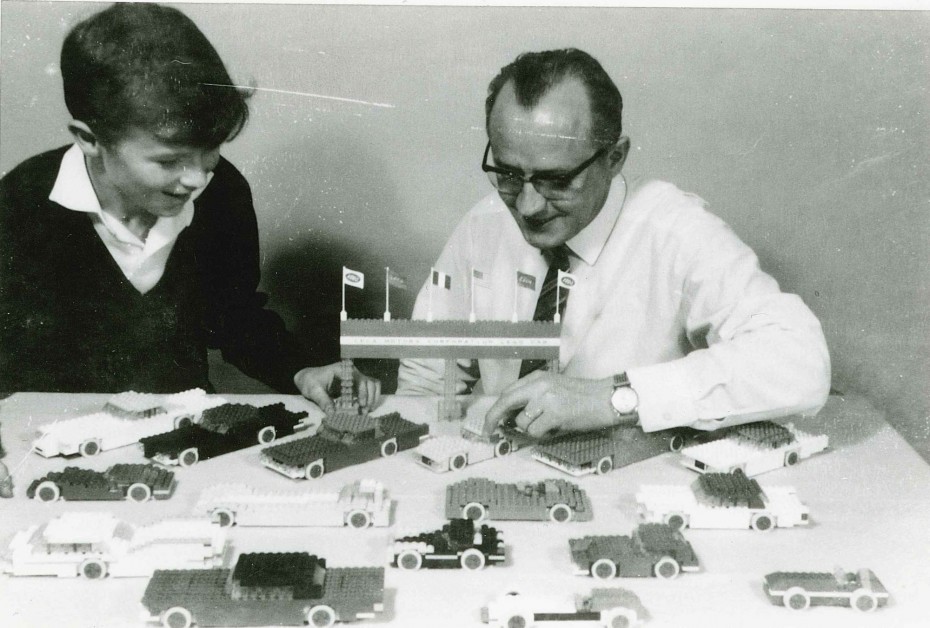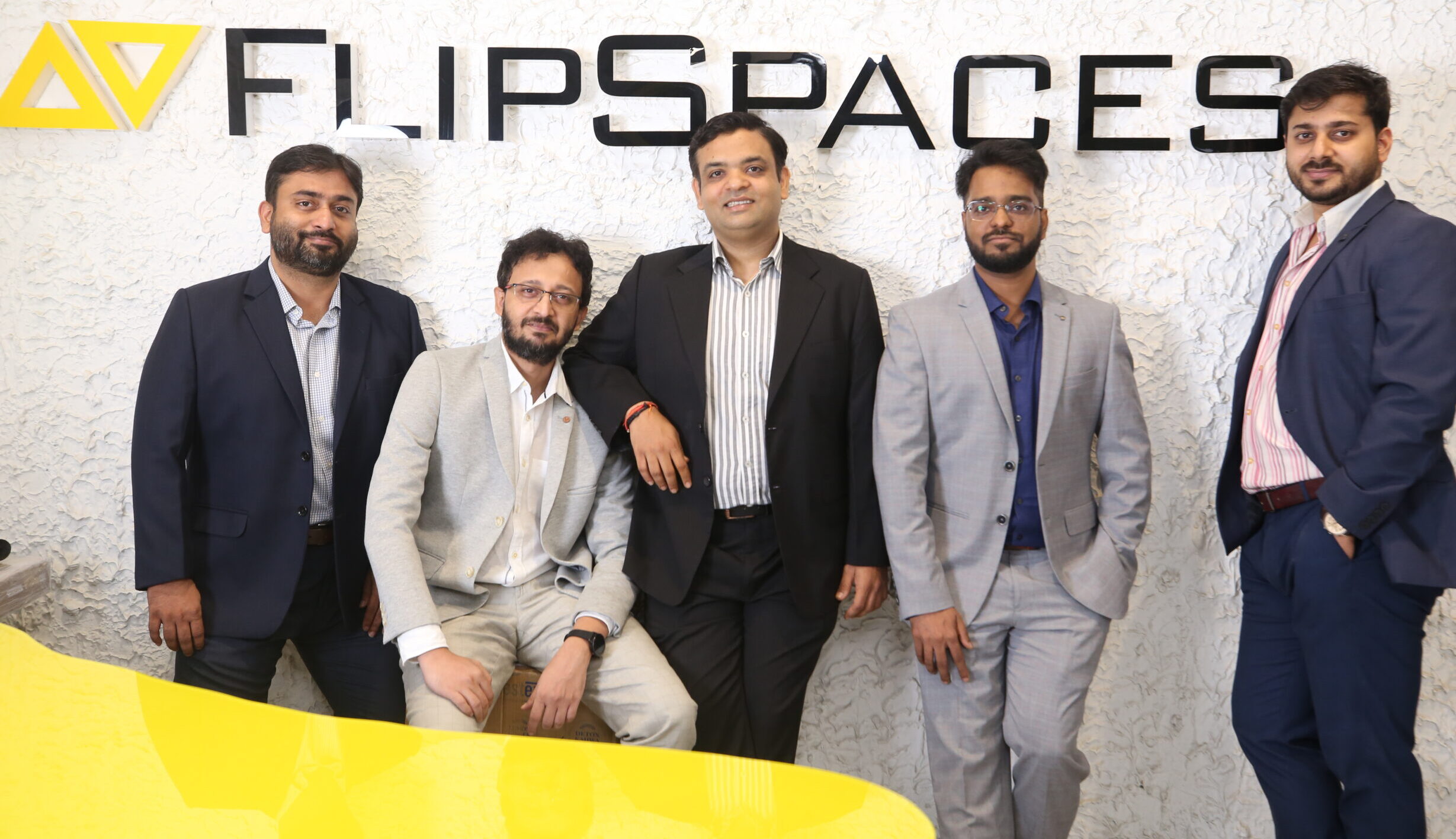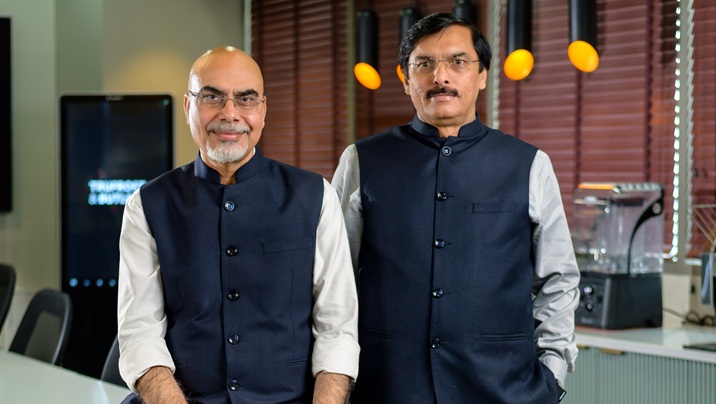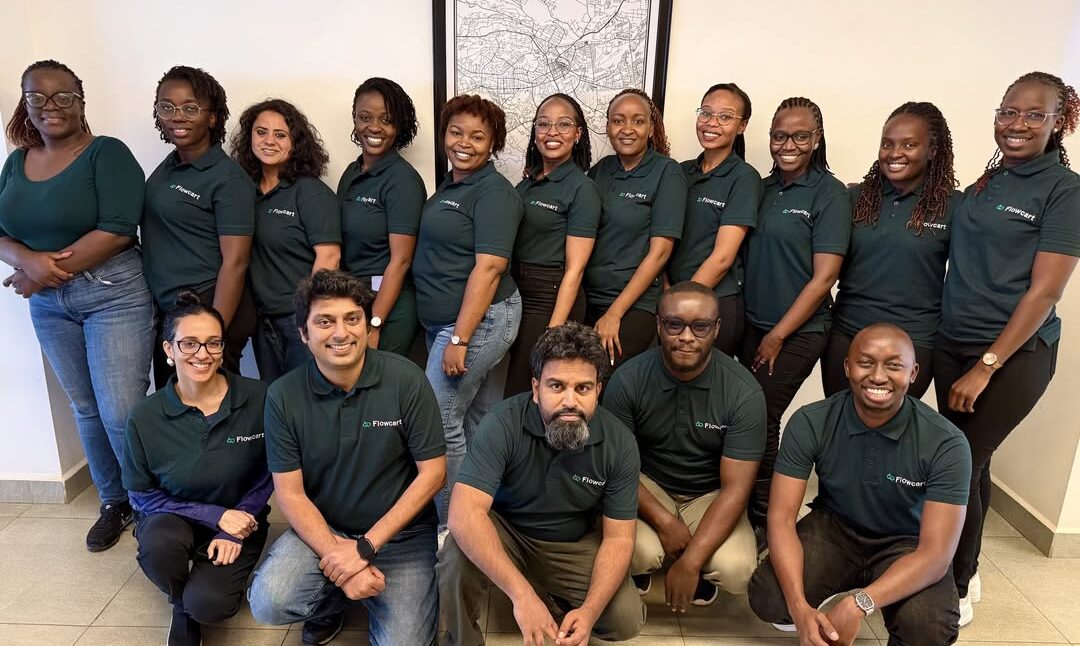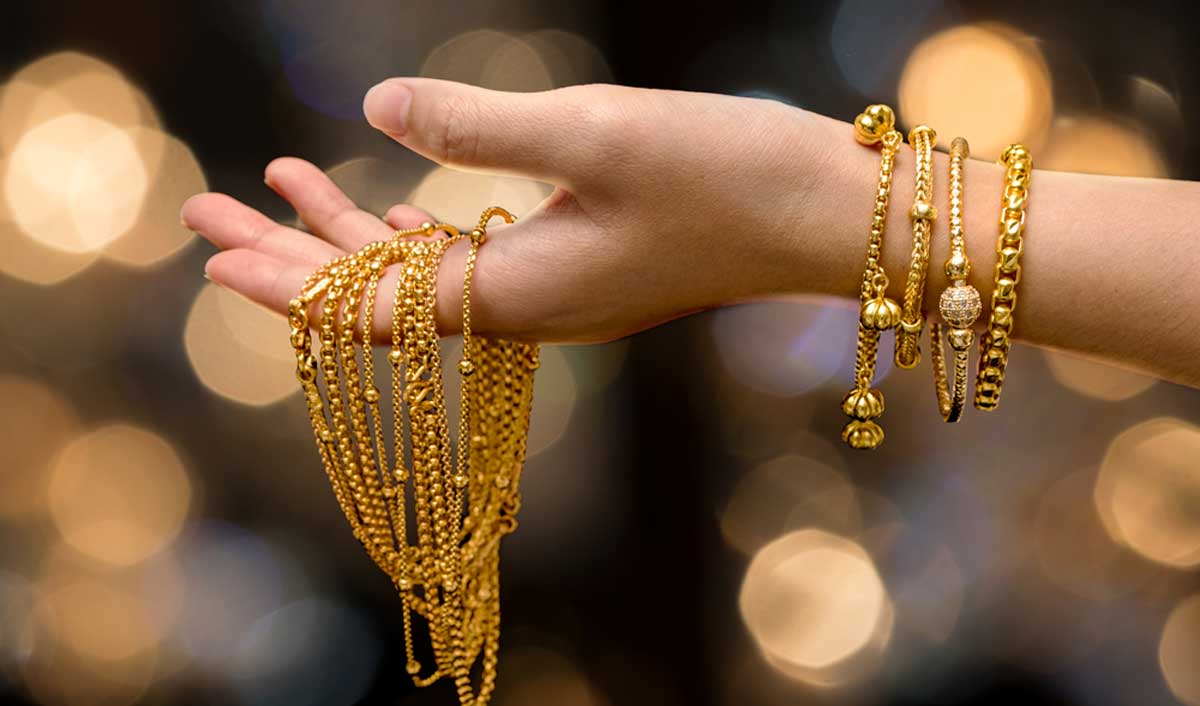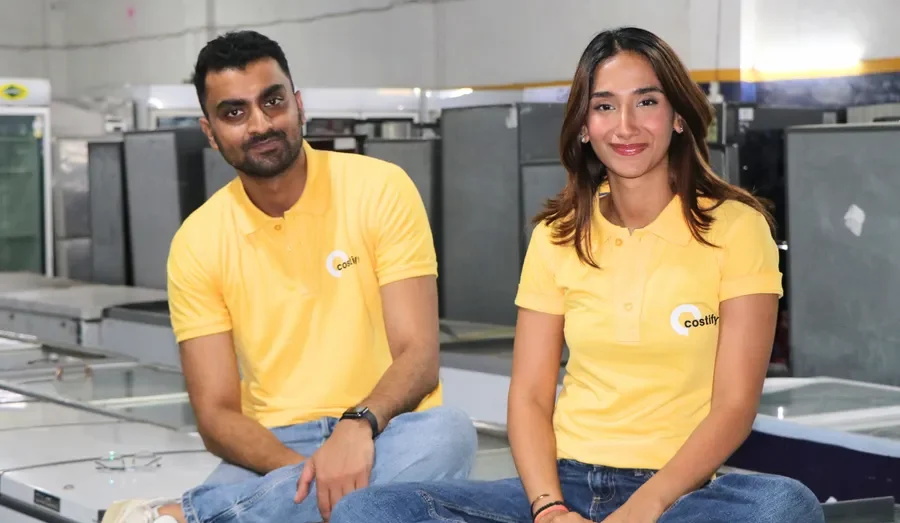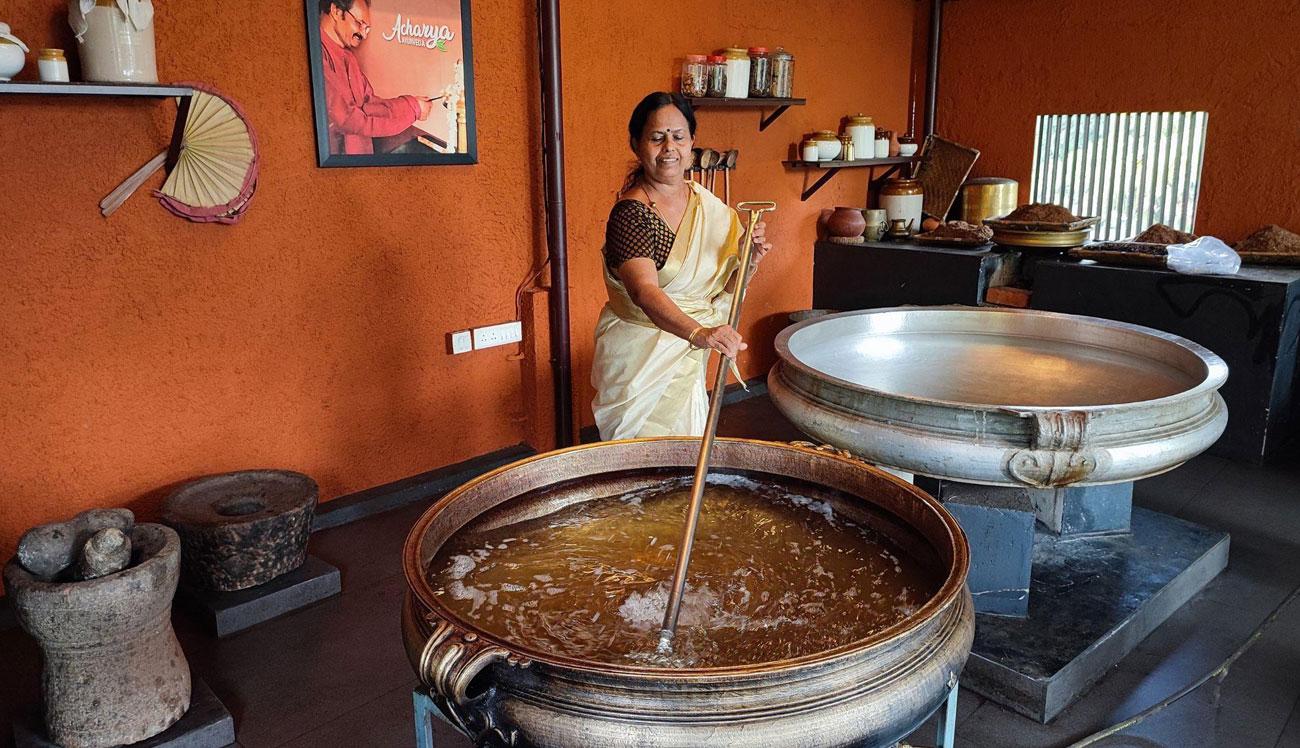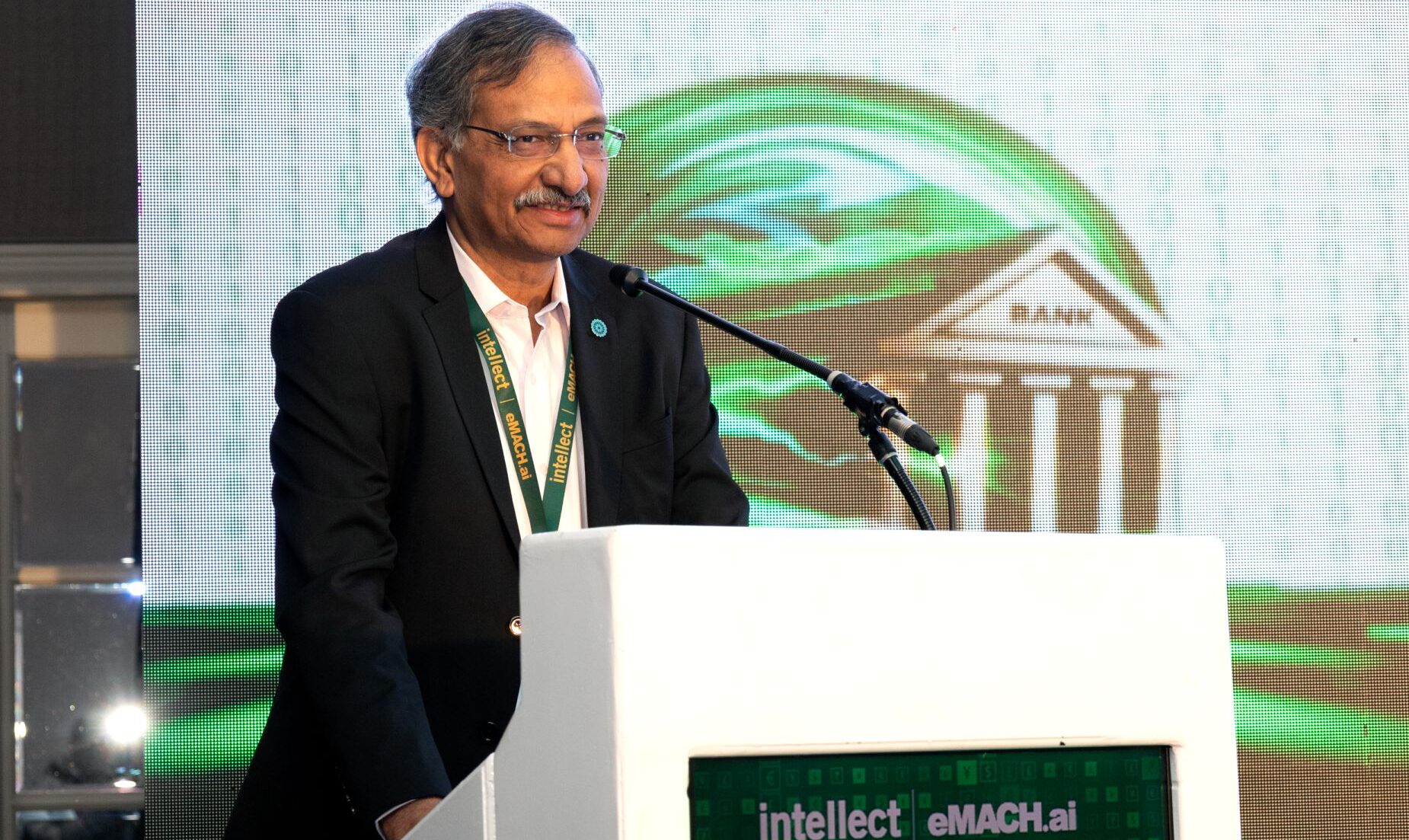Dolly Chaiwala, the viral Nagpur tea seller famed for his flamboyant chai-serving style and a chance encounter with Bill Gates, is transforming his street-corner success into a nationwide franchise movement.
In a bold rollout announced on social media last week, the 27-year-old (real name Sunil Patil) unveiled “Dolly Ki Tapri” as a pan-India franchise opportunity. Within just 48 hours of the announcement, over 1,600 applications poured in from aspiring entrepreneurs eager to carry his chai stall brand across the country.
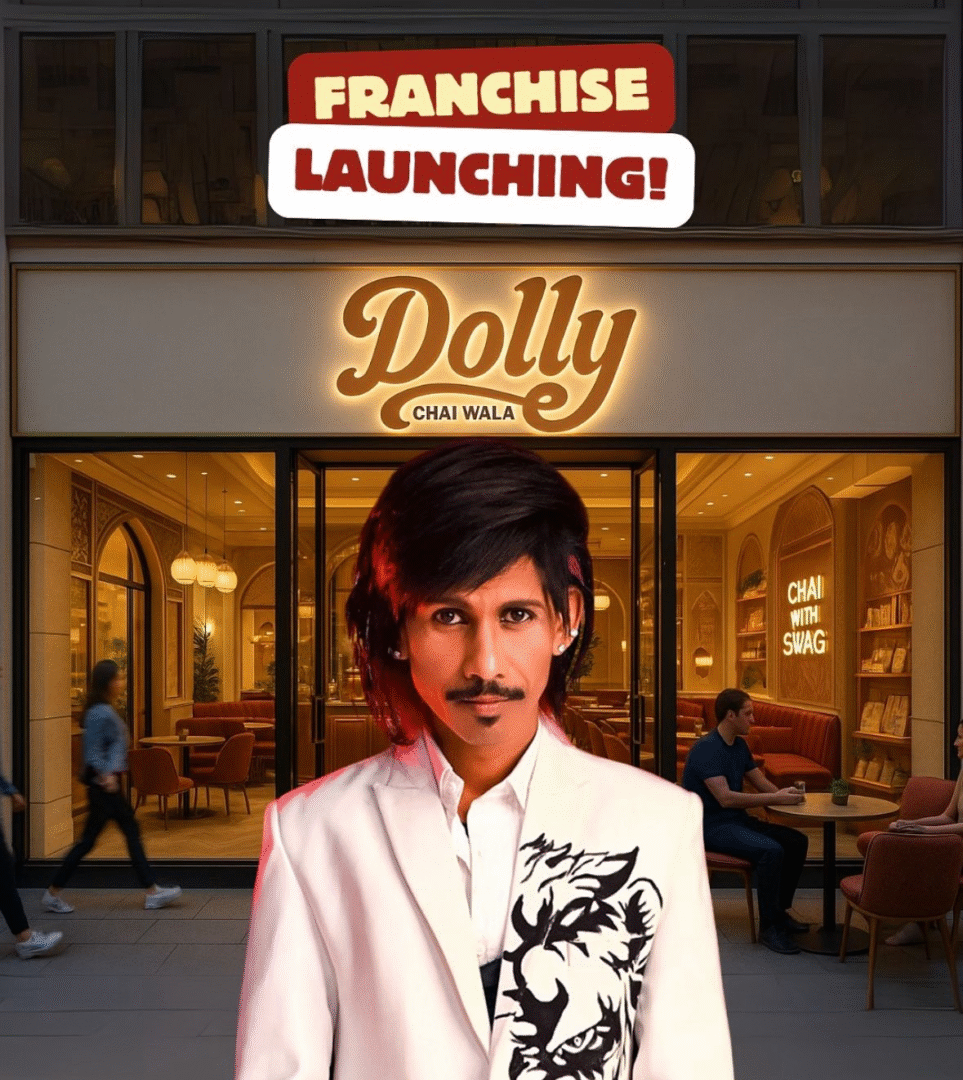
The franchise model features a three-tier format – from humble roadside carts to flagship café outlets – with investment options ranging from ₹4.5 lakh to ₹40+ lakh, signaling an unprecedented scale-up of a once one-man tea stall.
Three Formats Brewing: Cart, Stall, and Café Models
Dolly Chaiwala’s franchise offering is structured to accommodate different budgets and city formats through a three-tier pricing model.
According to the official franchise prospectus, partners can choose from:
- Chai Cart Stall – ₹4.5 lakh to ₹6 lakh: A compact mobile cart format for street-side chai service . This low-cost option aims to keep the tapri spirit alive, enabling small entrepreneurs to join the venture with minimal capital.
- Store Model – ₹20 lakh to ₹22 lakh: A standard shop setup offering Dolly’s tea menu in a brick-and-mortar outlet . This mid-tier format is geared toward high-footfall markets, combining the roadside charm with a structured store experience.
- Flagship Café – ₹39 lakh to ₹43 lakh: A full-fledged café-style outlet, and the most premium franchise tier . These flagship cafés are envisioned to provide an expanded menu and seating, positioning Dolly Ki Tapri as a hip chai café brand in urban centers.
Each franchise package comes with Dolly’s established branding, exclusive recipes and menu, and training under the Dolly Chaiwala umbrella.
In effect, franchisees get a “readymade” brand, capitalizing on Dolly’s viral popularity and standardized chai offerings. The initial franchise fee varies by format (around ₹2–3 lakh for a cart and ₹5 lakh+ for a store) with additional setup costs for equipment and interiors.
The total investment falls within the advertised ranges, and includes essentials like the signature kulhad chai setup, spice mixes for Dolly’s special “Chocolate Chai” and “Dolly Cutting” tea, as well as snacks like bun maska to round out the menu.
Notably, Dolly’s team appears to be pitching attractive unit economics to potential franchisees. Internal projections shared on social media suggest monthly sales of ₹1.5-3 lakh per outlet, with franchisees paying a 6-8% royalty on revenue and an expected break-even period of 12-18 months .
While these figures remain to be proven in practice, they reflect a strategic effort to position Dolly Ki Tapri as both an affordable and potentially lucrative franchise venture.
Dolly has reportedly set a target of over 200 operational outlets by March 2026 as part of this aggressive expansion plan, an ambitious goal that would fast-track his chain into the big leagues of India’s organized chai market.
Nationwide Rollout and Overwhelming Response
The response to Dolly Ki Tapri’s launch has been nothing short of astonishing.
After Dolly announced “India’s first viral street brand” franchise opportunity via Instagram on July 13, interest erupted across the country . In his post, Dolly invited “real people with real passion” to help take his venture “from carts to flagship cafes” nationwide, promising “Limited cities. Unlimited chai.” as he opened applications.
Within two days, 1,609 franchise applications were submitted through the online form, Dolly’s team confirmed. By any measure, it’s an extraordinary volume of inquiries, one that even established food-and-beverage brands would covet.
Aspiring franchisees from metro cities and small towns alike appear eager to ride the wave of Dolly’s fame. The application form, a simple Google form linked via Dolly’s Instagram bio – asks candidates to choose their preferred format and investment level, along with details about their city, location prospects, and business background.
The company has indicated that only shortlisted applicants will be contacted within 7–10 days , suggesting a selective rollout in “limited cities” as Dolly hinted. This implies that while thousands have applied, the initial phase will likely hand-pick franchise partners in key locations to establish the brand before a wider expansion.
The frenzy is fueled in part by Dolly Chaiwala’s social media clout.
Boasting over 5.8 million Instagram followers and nearly 2.3 million on YouTube , Dolly has leveraged his digital popularity to market the franchise with zero traditional advertising. His backstory – from a ₹10-a-cup street vendor to an internet sensation, has struck a chord nationwide.
“This isn’t just about tea. It’s about how India sees entrepreneurship,” noted one LinkedIn commentator, remarking on the phenomenon of a street vendor drawing franchise bids in the thousands while startup MBAs chase venture capital .
Indeed, Dolly’s application count even outpaces early responses seen by some well-known chai cafe chains.
(By comparison, established brands like Chaayos, Chai Point or Chai Sutta Bar took years to scale to a few hundred outlets, Dolly’s brand might achieve a few hundred in mere months if momentum holds.
The pan-India appeal is evident: the idea of owning a piece of the Dolly Chaiwala story has captivated seasoned food entrepreneurs and first-time business hopefuls alike.
Branding a Desi Chai Movement
Central to Dolly Chaiwala’s franchise play is the strength of his personal brand and the cultural appeal of the chai tapri concept.
Dolly built a following through what he calls “tea with a twist”, pouring hot chai with theatrical flair while decked in bright clothes and sunglasses.
His larger-than-life persona turned his Nagpur tapri (roadside tea stall) into a viral attraction well before any formal expansion. In early 2024, a short video of Bill Gates, one of the world’s richest men, enjoying a cup of Dolly’s chai rocketed the tea seller to international fame .

That unlikely encounter, shared across Instagram and X (formerly Twitter), put Dolly on the map beyond India and earned him the moniker of “India’s most iconic chaiwala.”
Now, Dolly is channeling that fame into a scalable business.
By branding the venture as a “viral street brand”, he underscores its grassroot origins and internet-fueled popularity .
The name “Dolly Ki Tapri” itself evokes the nostalgia of the local tea stall, an institution in Indian daily life, while attaching Dolly’s celebrity aura to it.
Chai is more than just a beverage in India; it’s a cultural unifier, and the roadside tapri is a place of community and conversation.
Dolly’s success taps into this cultural vein, promising franchisees not just a business, but entry into a beloved tradition with a modern, branded twist.
The entrepreneur’s savvy in showmanship is also a marketing asset.
For instance, Dolly often serves chai in eco-friendly kulhads (clay cups) while bantering with customers in colloquial Hindi, reinforcing an image that is both authentic and entertaining.
Such branding has proven successful for similar ventures (MBA Chai Wala, another tea startup, comes to mind), but Dolly Chaiwala’s differentiator is the organic, viral nature of his fame and his relatability to the common man.
Franchise industry experts note that this kind of built-in brand recognition is incredibly hard to create from scratch, it explains why so many are ready to invest lakhs for a ready-made brand.
“Brand building is tough, and when people get a readymade brand, they’re ready to pay lakhs as franchise fees,” observes franchise consultant, highlighting the value of the Dolly Chaiwala name .
There is also confidence that Dolly’s mass appeal will translate into footfalls for franchise outlets.
The sheer curiosity factor, a viral chaiwala with a Bill Gates connection – could drive customers to check out a Dolly Ki Tapri in any city.
Moreover, the tea market in India is colossal: an estimated 1,500 crore cups of tea are consumed in the country every single day.
Even as café chains and artisanal tea boutiques proliferate, the quintessential cutting-chai at a roadside stall remains an unshakeable habit for millions.
Dolly’s venture effectively bridges these worlds, offering the familiarity of tapri chai with the consistency and novelty of a branded chain.
Also Read: What Makes Naturals Ice Cream So Irresistible Since 1984?
Applause, Skepticism, and Dolly’s Response
Unsurprisingly, the internet had a lot to say about Dolly Chaiwala’s big franchising leap.
Social media reactions ranged from congratulatory to cynical, reflecting both the inspiration and the incredulity surrounding his journey.
Many cheered Dolly on for defying odds, one enthusiastic supporter wrote, “From ‘burger khayega’ to ‘burger bechega’, Dolly has come a long way. All the best!” (a cheeky reference to a meme from his early days).
Fans see his rise as emblematic of a new kind of startup success, one rooted in grit and authenticity.
At the same time, plenty of skepticism brewed in comment sections.
Some netizens questioned whether Dolly’s fame will translate into sustainable franchises.
Another warned aspiring franchisees to be cautious, writing, “Don’t take any franchise… you’ll be stuck here in bank auctions while this will make money and go to Dubai.”
The most viral comment of all with over 8,500 likes, bluntly declared, “Education is a scam in India,” implying that Dolly’s success without formal schooling proves hustle can trump degrees .
Dolly Patil has taken the criticism in stride.
Coming from a modest background with no formal education, he has faced taunts from some quarters who diminish his success as mere luck or hype.
In response, Dolly shared a heartfelt note to his followers, underlining that his franchise venture is about more than profits, it’s about representation.
That message of empowerment has become core to his brand.
By positioning himself as an underdog who made it, Dolly is rallying a community of supporters who see in him a reflection of their own aspirations.
Dolly Chaiwala: Challenges vs Excitement
As Dolly Chaiwala steps from street stall to startup founder, the challenges ahead are as real as the excitement.
Converting 1,600+ applications into successful outlets will require robust execution: supply chains for tea and ingredients, training programs to replicate Dolly’s quality and flair at scale, and careful selection of franchisees who can live up to the brand’s promise.
Industry veterans caution that initial buzz must be followed by consistent service and unit profitability.
Dolly, for his part, remains undeterred.
He has already defied expectations by turning a roadside livelihood into a national brand-in-the-making.
From a one-man tapri in Nagpur to potentially hundreds of outlets nationwide, Dolly Chaiwala’s journey is a remarkable case study in
grassroots entrepreneurship.
It blends India’s digital zeitgeist with the timeless chai culture.
As the first Dolly Ki Tapri franchises prepare to launch in the coming months, all eyes will be on whether Dolly’s viral success can transform into a sustainable enterprise.
In Dolly’s own words, “If you’ve ever wanted to build something big, something desi, something truly legendary, this is your moment
Also Read: Ticket9: How Grit and Vision Built an Event-Tech Gamechanger









